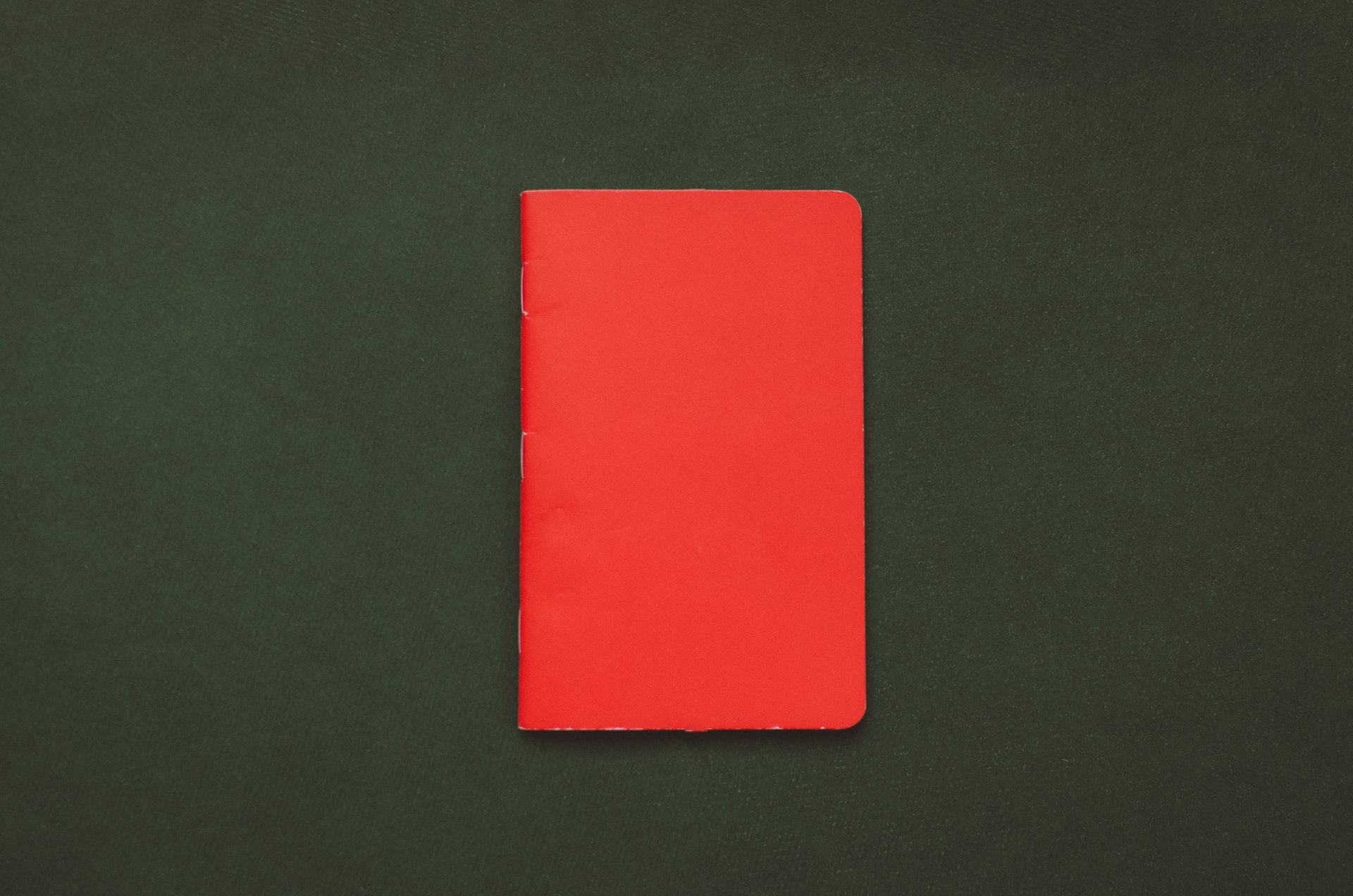If you are not on clubhouse, chances are high that your phone number is. The clubhouse app makes use of a wide spread matching technique: upload the contact data of the users to the servers and search for matches. Clubhouse is not alone: messengers like WhatsApp or Signal use the very same approach. This let’s you find your friends easily on these platforms and has also the benefit of creating unique user profiles.
The obvious drawback is that this happens without your consent: if a friend of yours decides to upload contact data, you’re not asked if this ok for you. Apps only ask your friend, if this is ok. And practically everybody is ok with this practise. But is practise this really ok? Just think for a minute what this means if you replace your digital address book with a physical version of your address book. Would it be ok for you if I’m asking you to hand me a physical copy of it? You don’t know me, like you probably don’t know the people behind clubhouse, WhatsApp, Signal, etc.
So what can you do to prevent your data being leaked or potentially at some risk of exposure? Unfortunately not much. Even if you go through great lengths not to share personal information with apps, some of your friends will use an app where it’s mandatory to share address book information. You can check if your data is out there.
Photo by Kelly Sikkema on Unsplash
